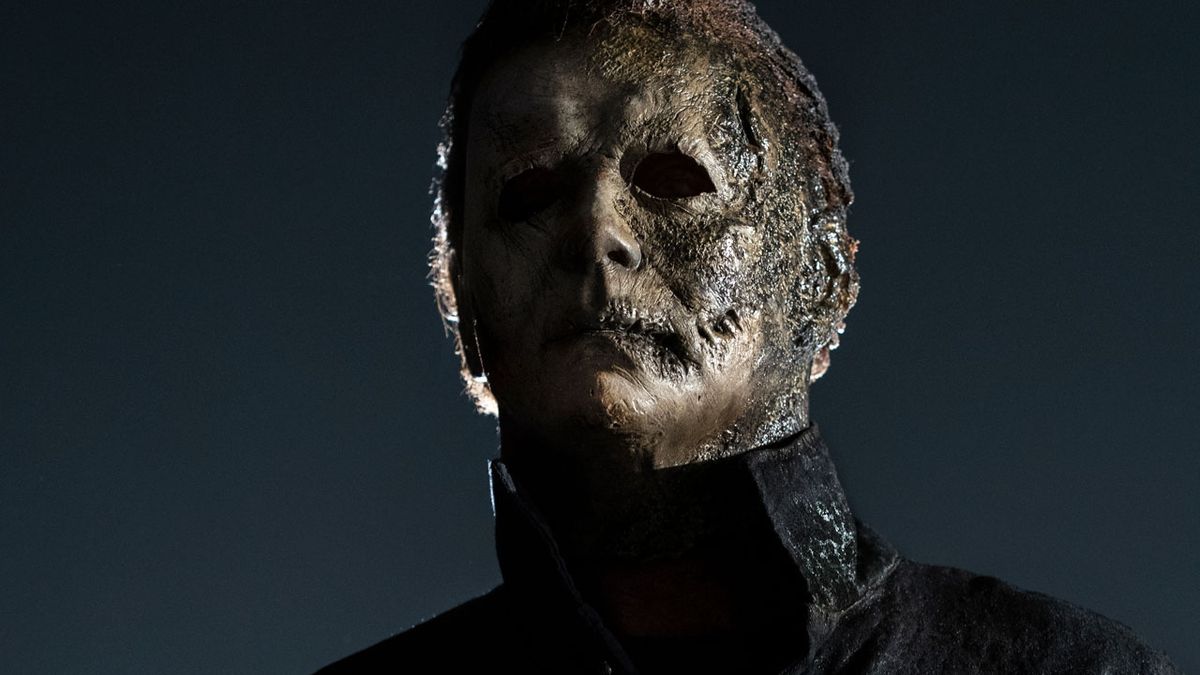The French Dispatch (2021)
It feels odd watching No Time to Die one weekend, Dune next weekend, and bridging it with a movie that gives prominent roles to stars of the other two (Lea Seydoux and Timothy Chalamet). This is of course by Wes Anderson, that most easily satirisable of directors, full of his whimsical charm and very idiosyncratic style. The French city it is set in is called "Ennui-sur-blase": ho ho ho. Yes, we get it. And there's plenty more where that came from.
I suppose it's a homage to a form of print journalism - not newspapers so much as magazines like the New Yorker. It's set in the mid-20th C., about a French offshoot of a Kansas newspaper (hence "The French Dispatch") designed to inform Kansans of the world but that has a sort of life of its own licensed out much more widely, and takes the form of going through a few short stories based on articles by its contributors. And like many of Anderson's movies, it's entertaining, interesting, sometimes moving, and potentially jolly frustrating if you just don't like his style. It's a massive host of cameos and some bridging whimsy, but the three main stories are from the arts section about a psychotic murderer-cum-modern artist, the politics section about the writer getting too involved in a student revolt against authority, and the food critic caught up in a crime caper.
Well, I enjoyed it, anyway.
It feels odd watching No Time to Die one weekend, Dune next weekend, and bridging it with a movie that gives prominent roles to stars of the other two (Lea Seydoux and Timothy Chalamet). This is of course by Wes Anderson, that most easily satirisable of directors, full of his whimsical charm and very idiosyncratic style. The French city it is set in is called "Ennui-sur-blase": ho ho ho. Yes, we get it. And there's plenty more where that came from.
I suppose it's a homage to a form of print journalism - not newspapers so much as magazines like the New Yorker. It's set in the mid-20th C., about a French offshoot of a Kansas newspaper (hence "The French Dispatch") designed to inform Kansans of the world but that has a sort of life of its own licensed out much more widely, and takes the form of going through a few short stories based on articles by its contributors. And like many of Anderson's movies, it's entertaining, interesting, sometimes moving, and potentially jolly frustrating if you just don't like his style. It's a massive host of cameos and some bridging whimsy, but the three main stories are from the arts section about a psychotic murderer-cum-modern artist, the politics section about the writer getting too involved in a student revolt against authority, and the food critic caught up in a crime caper.
Well, I enjoyed it, anyway.




